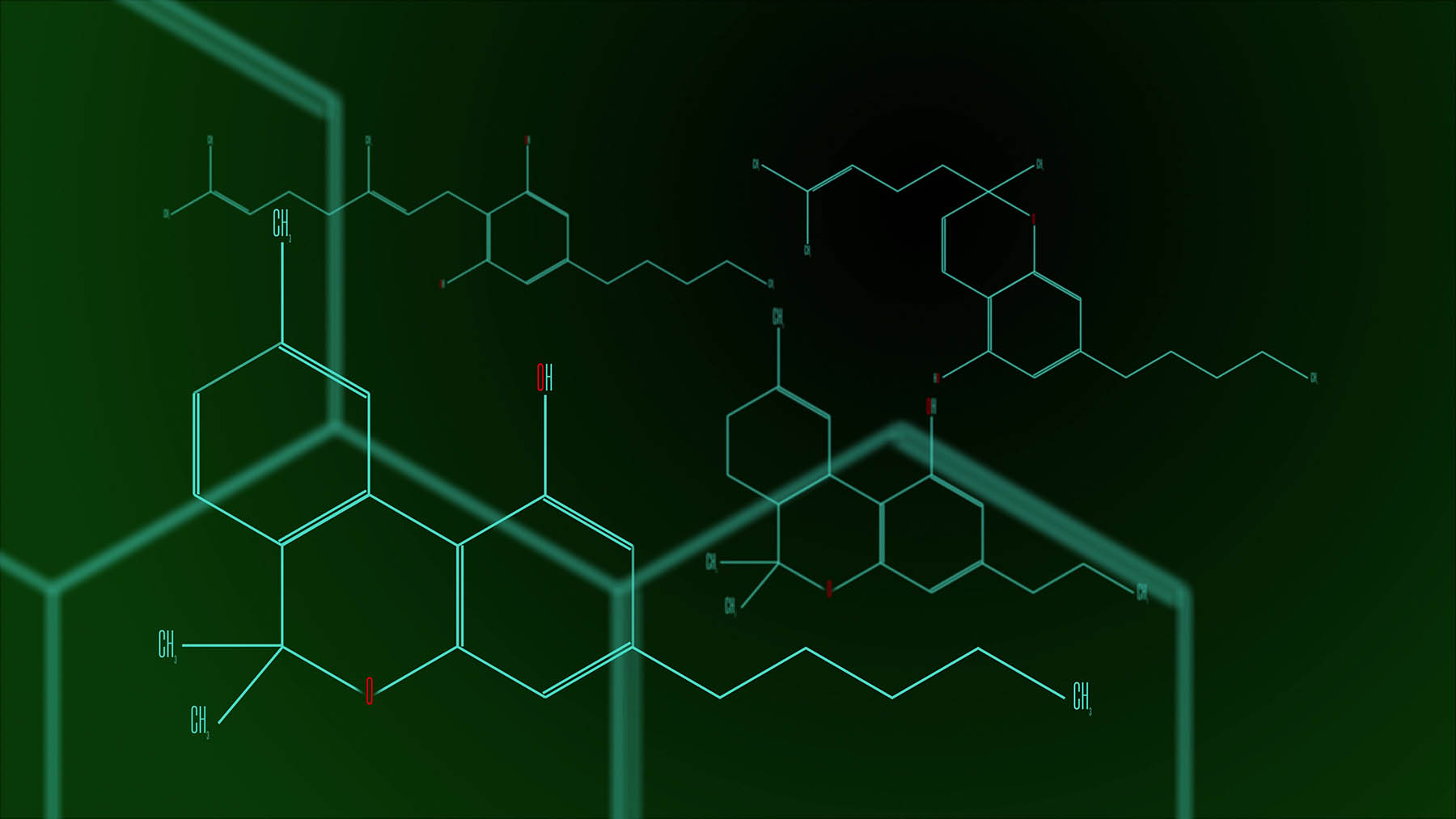The Intriguing World of Cannabis Cannabinoids
Cannabis is a complex plant with over 100 unique compounds called cannabinoids. These cannabinoids interact with the human body’s endocannabinoid system, producing a wide range of effects and therapeutic potential. Let’s delve into the science behind cannabis cannabinoids.
What Are Cannabinoids?
Nature’s Unique Compounds:
- Cannabis and Cannabinoids: Cannabinoids are chemical compounds found in the cannabis plant, with each strain having its unique cannabinoid profile.
- Endocannabinoid System: The endocannabinoid system (ECS) in the human body plays a crucial role in maintaining balance, or homeostasis, and responds to cannabinoids.
Key Cannabinoids in Cannabis
THC, CBD, and Beyond:
- Tetrahydrocannabinol (THC): THC is the primary psychoactive cannabinoid in cannabis, responsible for the “high” associated with its use.
- Cannabidiol (CBD): CBD is non-psychoactive and known for its potential therapeutic benefits, such as reducing anxiety and inflammation.
- Cannabinol (CBN): CBN is a mildly psychoactive cannabinoid with potential sedative effects.
- Cannabigerol (CBG): CBG is considered the “mother cannabinoid” and may have various potential benefits.
- Cannabichromene (CBC): CBC is non-psychoactive and may contribute to anti-inflammatory and pain-relieving effects.
How Cannabinoids Interact with the Body
The Endocannabinoid System:
- Receptors: The ECS has two primary receptors, CB1 and CB2, which are found throughout the body and brain.
- Endocannabinoids: The body produces its own cannabinoids, called endocannabinoids, that bind to these receptors.
- Cannabinoid Interaction: Phytocannabinoids from cannabis, like THC and CBD, mimic the effects of endocannabinoids when they bind to these receptors.
Potential Therapeutic Applications
Harnessing Cannabinoid Benefits:
- Pain Management: Cannabinoids like CBD and THC have shown potential in alleviating chronic pain conditions.
- Anxiety and Depression: CBD has gained attention for its possible anti-anxiety and antidepressant properties.
- Neurological Disorders: Some cannabinoids are being investigated for their potential in treating conditions like epilepsy and multiple sclerosis.
- Cancer and Chemotherapy: Cannabinoids may aid in managing cancer-related symptoms and side effects of chemotherapy.
The Importance of Proper Dosage and Strain Selection
Personalized Cannabis Use:
- Individual Response: Each person’s response to cannabinoids can vary, making it essential to start with low doses and experiment cautiously.
- Strain Consideration: Different cannabis strains have distinct cannabinoid profiles, leading to varied effects. Strain selection should align with specific therapeutic goals.
Conclusion: Unveiling the Complexity of Cannabinoids
Cannabinoids are at the heart of the cannabis plant’s therapeutic potential and the fascinating science behind it. As research continues to unravel the intricacies of cannabinoids, their diverse applications in medicine, wellness, and recreation become increasingly apparent. Whether you seek relief from a medical condition or are simply curious about the science of cannabis, understanding cannabinoids is key to unlocking the plant’s full potential.






